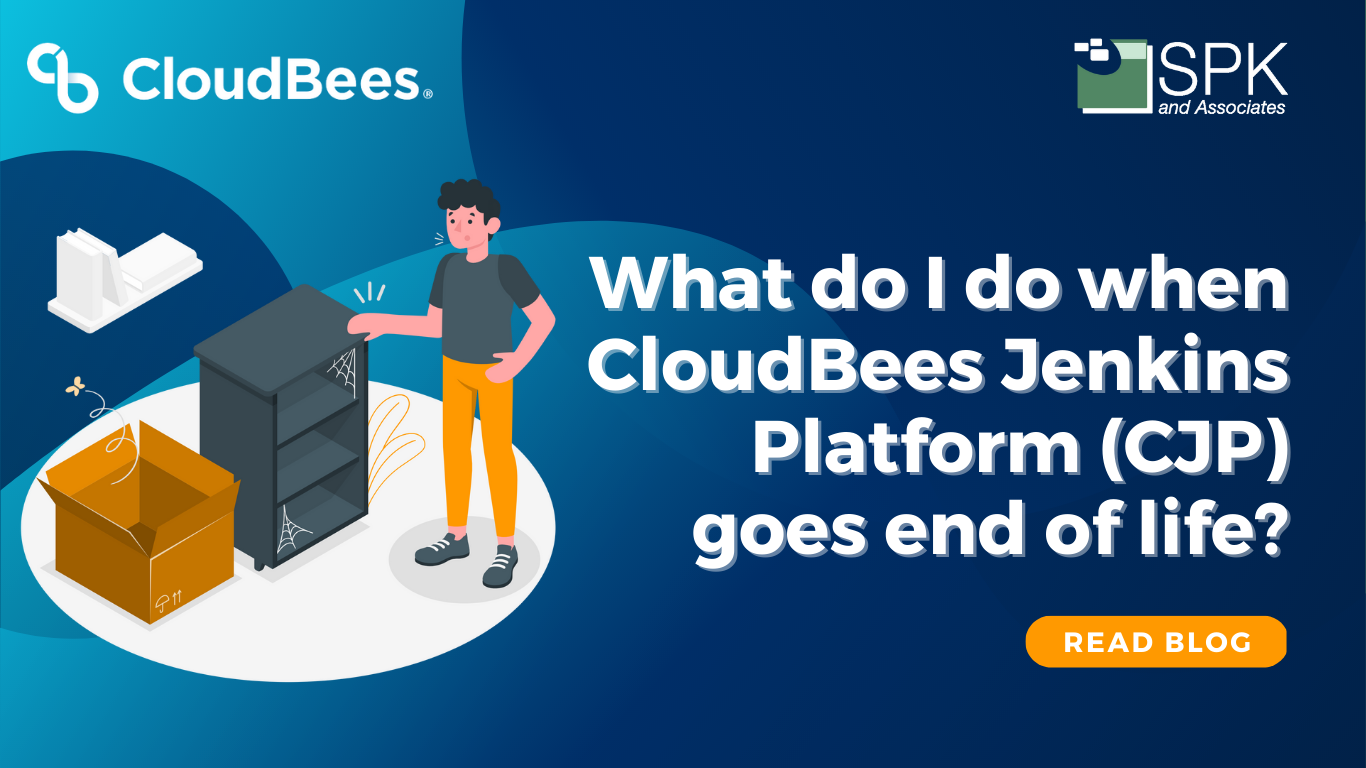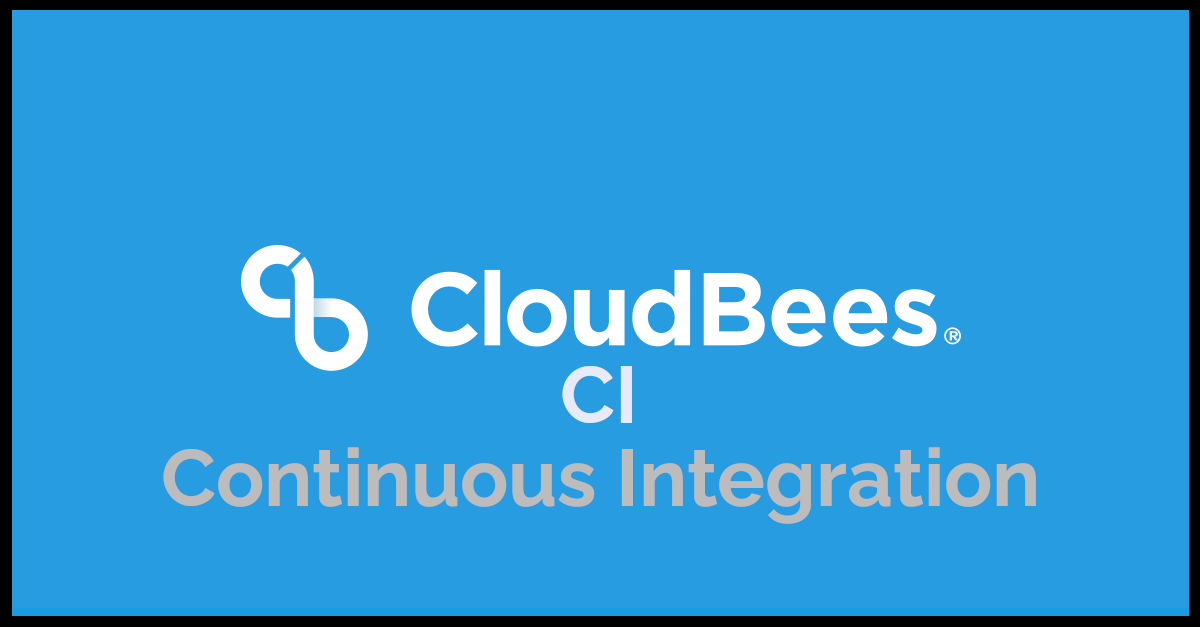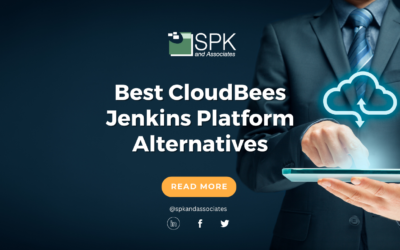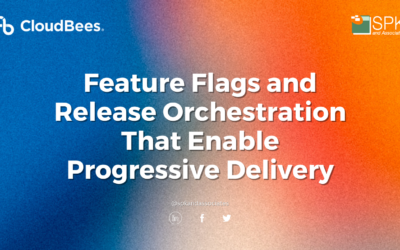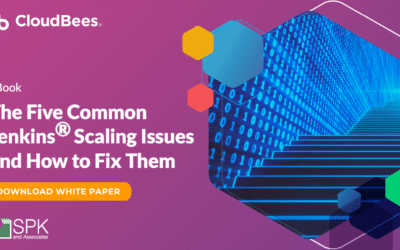The CloudBees Jenkins Platform (CJP) will move to End of Life (EOL) on June 30, 2023. And, after this date, CloudBees will no longer provide any technical support, patches, or upgrades for CJP. However, the option to complete a CJP migration to other CI platforms, including CloudBees CI allows you to still complete high-quality software delivery.
How Do I Migrate From CJP After EOL?
CloudBees recommended a CJP migration for existing CJP customers to CloudBees CI. As a CloudBees Partner, SPK and Associates recognizes CloudBees CI and other CloudBees tools as the top tier DevOps tools available to enterprise customers.
CloudBees CI
CloudBees CI is a continuous integration and continuous delivery (CI/CD) solution. And CloudBees CI includes the essential features you need for software delivery. For example:
- Support for containerized applications.
- Pipeline visualization and analytics.
- Advanced security and compliance.
- Role-based access control.
- Integration with a wide range of development tools and platforms. For example GitHub, GitLab, and Bitbucket.
Why Is CloudBees Jenkins Platform Moving To End Of Life?
Firstly, CloudBees have invested heavily in CloudBees CI which is built on top of Jenkins (the open-source platform). Another reason for the decommission of CJP is the market shift towards cloud-native architectures and microservices. Basically, people are moving away from traditional monolithic applications.
CloudBees Jenkins Platform: Top 6 Reasons To Migrate To CloudBees CI
1. Enterprise Grade Features
CloudBees CI includes enterprise-grade features and plugins that are unavailable in open-source Jenkins. For example, advanced security and compliance, pipeline visualization and analytics, high availability, and role-based access control.
2. Scalability
CloudBees CI can support any size business. So, whether you are a small startup, or a large enterprise, CloudBees CI will work for you. That means that you have one software which can flex with your growth (or downsizing) demands.
3. Integration with development features
CloudBees CI integrates with a wide range of development tools and platforms, including GitHub, GitLab, Bitbucket, JIRA, and many more.
So, this makes it easy to set up automated build and deployment pipelines that integrate with your existing development workflows.
4. Flexibility
Because CloudBees CI is built on top of Jenkins, it is highly flexible and customizable. Additionally CI shows it’s flex through its multi-platform support, cloud native architectures, support for pipeline as code, a plugin ecosystem and vast integrations.
5. Support and services
With CloudBees CI, you can also access more technical support, training, consulting, and managed services. That means you can get up and running faster, and overcome issues quicker.
6. Security
With CloudBees CI you can enhance your security. For example, CloudBees CI enables vulnerability scanning, encryption and secure communication, back row-based access control, limited agents, permissions, and pipeline templates.
Are CloudBees Jenkins Platform And Jenkins The Same?
CJP is built on top of Jenkins. The CloudBees Jenkins Platform included enterprise features and plugins are unavailable in open-source Jenkins. For example, advanced security, governance, and analytics capabilities.
CJP was designed to:
- Help organizations streamline their software delivery process.
- Enable continuous integration and continuous delivery (CI/CD) at scale.
- Provide a centralized management console for managing multiple Jenkins instances across teams and departments.
- Support cloud-native architectures and microservices.
You can still achieve all the above benefits of CJP and more with CloudBees CI.
Is Jenkins Still Supported?
Yes. Jenkins will continue to be supported by the Jenkins community. And CloudBees will continue to offer support for Jenkins through its Jenkins Support program.
Jenkins, the open-source automation server that CJP is based on, continues to be widely used and supported by the Jenkins community. CloudBees has recognized that many organizations prefer to use the open-source version of Jenkins, and are willing to invest in building their own custom solutions on top of it.
The open-source automation server is not affected by the EOL of CJP.
Need Support To Migrate From CJP?
Contact our CloudBees Jenkins Platform (CJP) migration team here.


